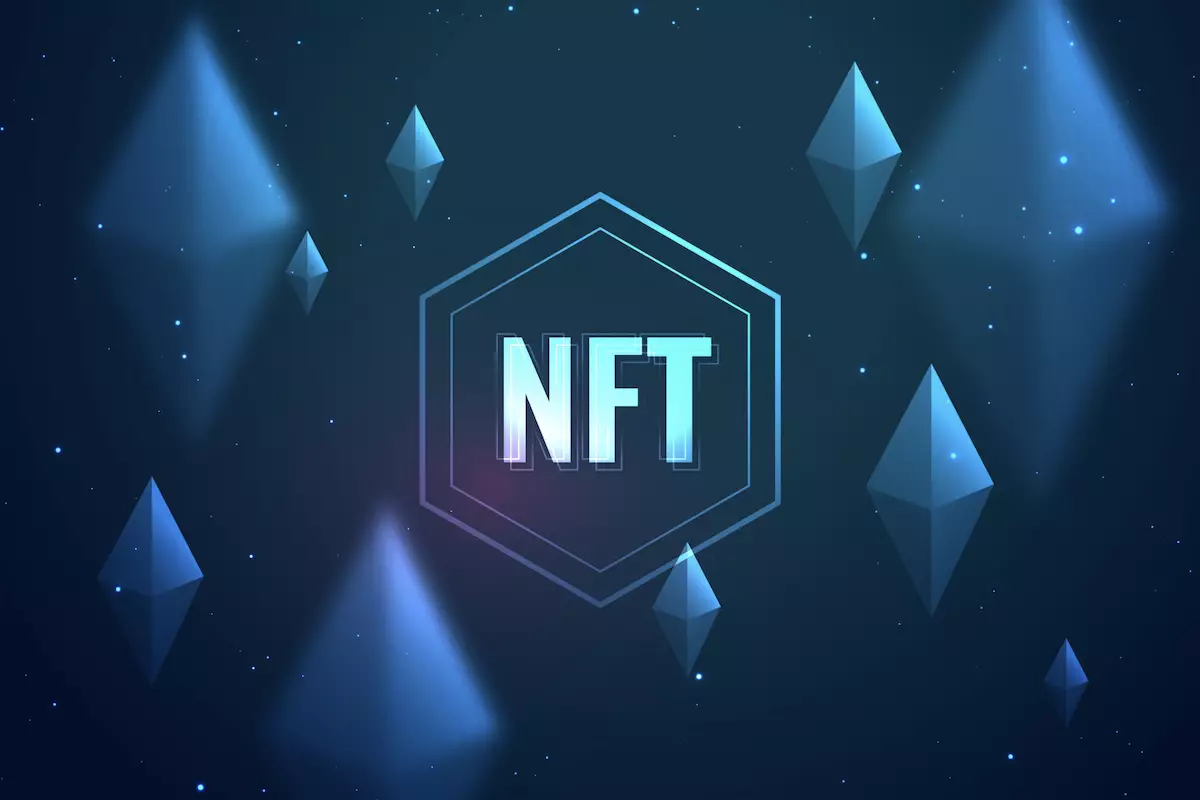In recent years, the landscape of digital assets has shifted dramatically, evolving from niche discussions among tech enthusiasts to a central topic in financial discourse. Central to this evolution is the emergence of Non-Fungible Tokens (NFTs), which have stirred considerable debate regarding their potential trajectory in the digital economy. As we approach the mid-2020s, parallels are drawn between NFTs and cryptocurrencies, raising the question: Can NFTs replicate the monumental success enjoyed by digital currencies?
Initially, NFTs garnered attention primarily as a medium for digital art, leading to explosive popularity during the NFT boom of 2021 and 2022. The hype surrounding them was palpable, dominating conversations in both crypto circles and mainstream media alike. However, following this frenzy, skepticism emerged. Critics dismissed NFTs as mere fads, asserting that they would ultimately fade into obscurity. Yet, rather than disappearing entirely, the NFT space has evolved, displaying resilience as it diversified and developed new applications within this burgeoning ecosystem.
At the essence of NFTs lies the principle of uniqueness. Unlike cryptocurrencies such as Bitcoin—where each unit is identical and interchangeable—NFTs signify distinct ownership of specific assets, be it art, music, virtual real estate, or even digital fashion. This singular characteristic positions NFTs to intertwine blockchain technology with cultural and creative expression. While cryptocurrencies established the groundwork for decentralized finance, NFTs illustrate how identity, community, and creativity can flourish on blockchain networks.
As time progresses, it becomes clear that NFTs are expanding their reach beyond the realms of art and collectibles. They are gaining traction in various sectors, including gaming, loyalty programs, and digital memberships. This evolution indicates that NFTs are becoming ingrained in the fabric of online interactions, challenging the notion that their novelty will ultimately restrict them to the art world.
One of the most significant drivers of NFT proliferation could be the concept of the metaverse. Although still an emerging idea, the metaverse posits a future inhabited by interconnected virtual environments where individuals socialize, engage in commerce, learn, and entertain themselves. In this digital ecosystem, the appeal of owning virtual goods—such as clothing, virtual land, or unique artwork—mirrors the value placed on physical possessions. As engagement in these immersive platforms grows, so too does the potential for NFTs to find a welcomed home in the metaverse.
Major gaming industries and social networks are actively exploring ways to incorporate NFTs into their frameworks, offering additional dimensions of ownership and user interaction. This could lead to a surge in individuals entering the NFT space and adopting it as a natural extension of their interactions in the metaverse.
However, the path towards mainstream acceptance of NFTs is fraught with challenges echoing those encountered in the early days of cryptocurrency. Regulatory uncertainty looms large, raising questions regarding governance and compliance across various jurisdictions. Furthermore, environmental concerns persist as NFTs operate on energy-intensive blockchain technologies, prompting calls for solutions that prioritize sustainability. Trust in the ecosystem is also threatened by security vulnerabilities, such as phishing scams and copyright infringements.
For NFTs to realize their full potential, these challenges must be addressed through clear regulations and robust solutions that balance innovation with accountability. Learning from previous experiences with cryptocurrency could hasten the development of a more stable NFT market more quickly than its predecessor. With a collaborative effort among developers, investors, and regulators, we could see an NFT framework with clearer rules that is conducive to institutional interest and stable investment flows.
Empowering Creators and a New Financial Model
NFTs are set to reform the dynamics between artists and their audiences, offering content creators an avenue to bypass traditional intermediaries. Through NFTs, artists can mint limited-edition collectibles or special access tokens that engage fans and translate to tangible revenue streams. This transition not only empowers artists with greater control over their work but also nurtures deeper relationships with their audiences. The democratization of art distribution, as noted by industry observers, is creating a new paradigm for content creators.
Moreover, NFTs are on the cusp of intertwining with decentralized finance (DeFi). Concepts like fractional ownership and using NFTs as collateral for loans could transform the landscape, evolving NFTs from mere collectibles into serious financial instruments. This development could attract a new wave of investors who recognize the potential value embedded within NFTs.
Charting the Path Forward
The journey of cryptocurrencies was marked by a process of learning, adaptation, and technological advancement. For NFTs to replicate this success, they must evolve by embracing innovation and addressing market demands. The coming years will reveal if NFTs can position themselves as fundamental components of the digital economy, in alignment with the trajectory set by cryptocurrencies.
If successful, the current period may be remembered as the foundational chapter of NFTs’ long and engaging narrative, as they seek to carve a distinctive space in the rapidly evolving landscape of digital assets, much like their cryptocurrency counterparts. The future might just hold greater promise for NFTs than we can currently envision.


Leave a Reply